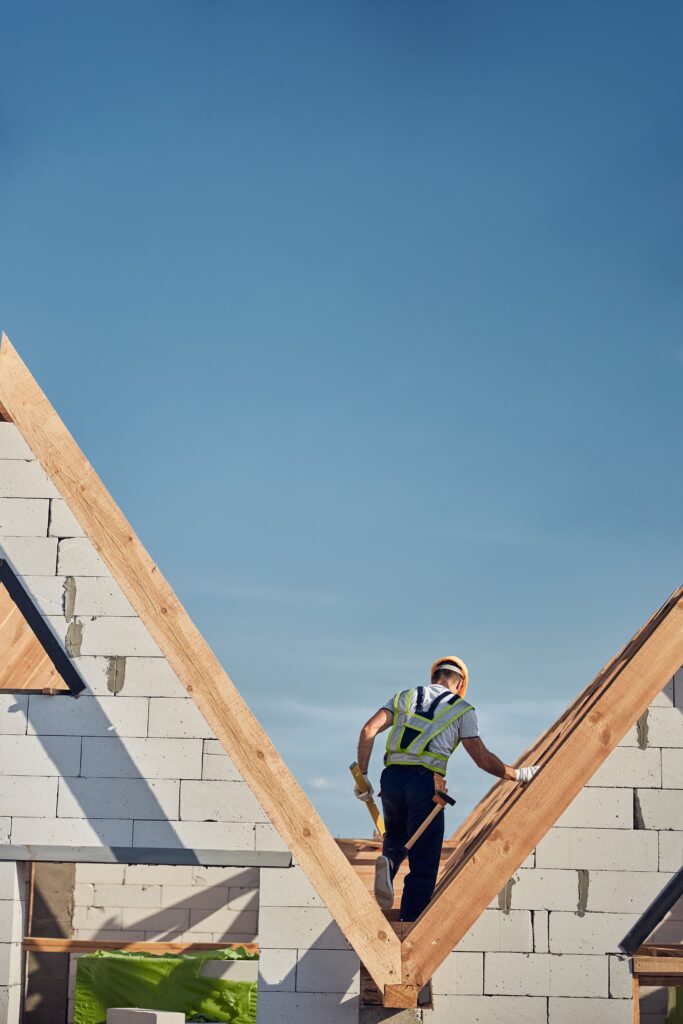For good cause, modular construction has risen in popularity in recent years as a technique of construction. This method of building entails creating separate “modules” or portions of a structure at a factory before transporting them to the construction site and putting them together there. This strategy has a variety of advantages, which we will discuss in this blog.
Speed and Efficiency
With construction periods that are substantially quicker than traditional building techniques, modular construction is a very effective type of construction. The modules may be created more rapidly and consistently than conventional on-site construction because they are constructed in a factory. This indicates that a modular building can be finished faster than the identical structure could be built using conventional construction techniques.

Cost Savings
Also, modular construction is quite economical. Because the modules are manufactured in a factory, materials can be bought in large quantities, which lowers costs. The factory’s regulated environment also lowers the possibility of material waste or damage, which further lowers expenses. Due to the shorter time that construction personnel must spend on-site due to the pace of building, labour expenses are also reduced. These elements together result in substantial cost savings for modular construction projects.
High-Quality Construction
Moreover, modular construction results in high-quality buildings. The modules can be produced with accuracy and consistency since they are constructed in a controlled industrial environment. The factory’s use of automation and technology also guarantees that the construction is of consistently high quality. The modules are additionally put through thorough quality control inspections before they are allowed to leave the factory, ensuring that any flaws or problems are found and fixed before they cause issues on-site.

Sustainability
Also, using modular building techniques is a very sustainable way to build. Waste is reduced and materials can be recycled or used in new ways because the modules are constructed in a factory. With energy-efficient HVAC and lighting technologies in place, the controlled manufacturing environment also ensures that energy usage is decreased. Further decreasing waste, modular structures can be reused or recycled at the end of their useful lives because they are made to be readily disassembled and transported.
In conclusion, modular building offers a number of important advantages over conventional building techniques. Modular construction is a very effective building technique that is suitable for a variety of projects due to its speed, efficiency, cost savings, and sustainability. In the years to come, it’s conceivable that the use of this ground-breaking building strategy will increase as technology develops more and modular construction techniques become more advanced.
